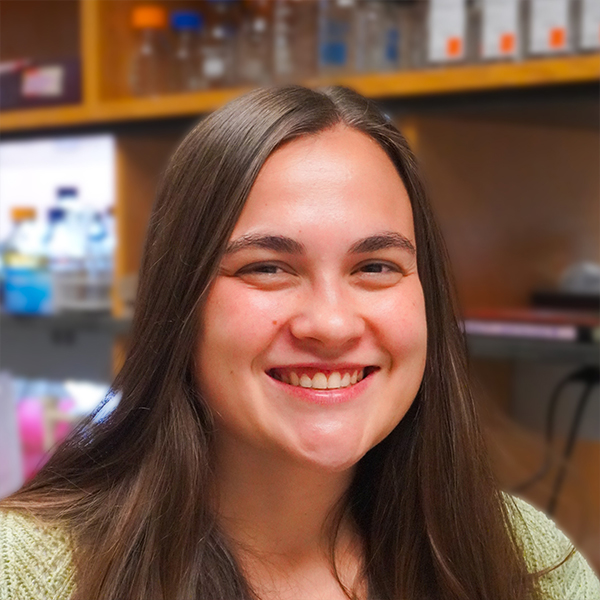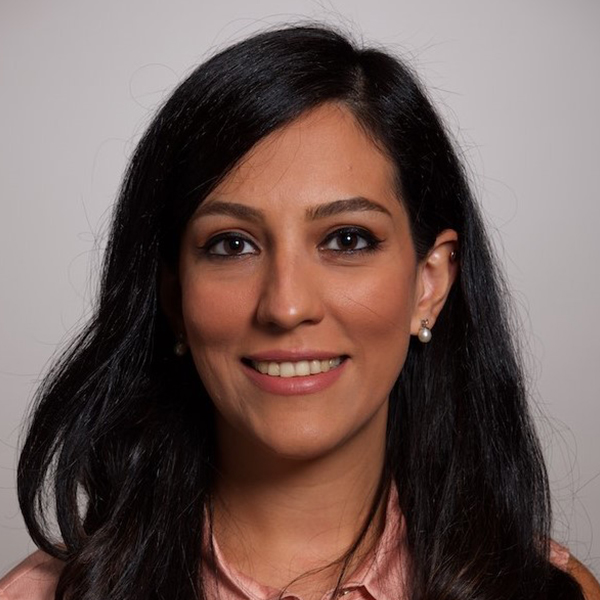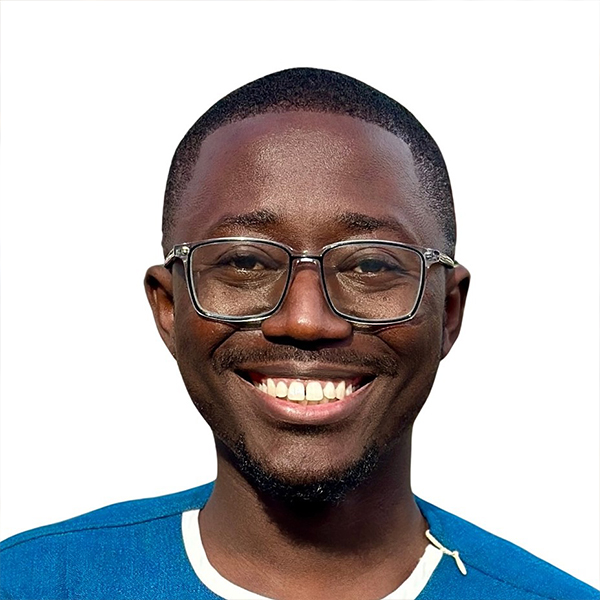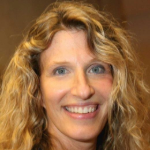David E. Wells Memorial Symposium Schedule
May 21st, 2025 |
||
|
12:30pm |
Welcome - Dr. J. Victor Garcia-Martinez and Dr. Kathy Hancock
|
|
|
12:45pm |
Student Presentation #1 |
|
|
|
“The Role of Capsule Production on the Physiology of an Oral Commensal” Sara Edmonds
|
|
|
1:15pm |
Student Presentation #2 |
|
|
|
“Elucidating the Molecular Mechanisms of Human Astrovirus Polyprotein Processing” Samaneh Mehri
|
|
|
1:45pm |
Student Presentation #3 |
|
|
|
“IRF1 attenuates inflammatory gene programs in B cells and alters pathogenic B Cell subsets in autoimmunity and inflammaging” Eddie-Williams Owiredu
|
|
|
2:10pm |
Break |
|
|
3:00pm |
David E. Wells Guest Lecturer |
|
|
|
First steps in paramyxovirus infection Anne Moscona, M.D. Sherie L. Morrison Professor of Immunology, Departments of Microbiology & Immunology, Pediatrics and Physiology & Cellular Biophysics Columbia University |
|
|
4:00pm |
Announcement of the of David E. Wells Research Award |
|
|
4:15pm |
Closing Remarks followed by reception in lobby |
|
Anne Moscona, M.D.
Dr. Moscona's lab conducts basic research on paramyxoviruses that cause serious and prevalent childhood diseases, and on newly emerging paramyxoviruses that affect humans. We investigate common pediatric respiratory viruses (parainfluenza viruses, respiratory syncytial virus) as well as emerging lethal henipaviruses (Nipah and Hendra viruses). The focus is on the mechanisms of viral entry into host cells, in the initial stages of infection. The laboratory is best known for identifying critical roles of the viral receptor binding protein in activating the viral fusion process during infection. By identifying the mechanism of fusion activation, we have identified promising targets for interfering with the viral entry process.
The lab is organized around the interdisciplinary theme of virus-host interactions. Projects draw from strategies and methods of molecular biology, cell biology, biophysics, immunology, computational biology, structural biology, and virology.



